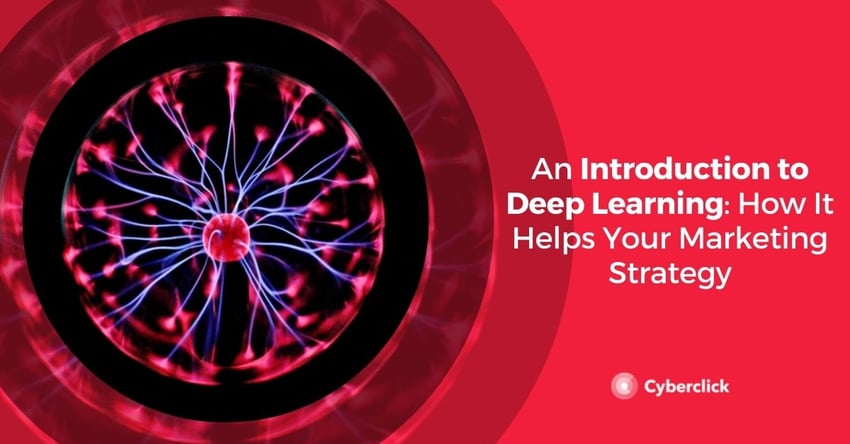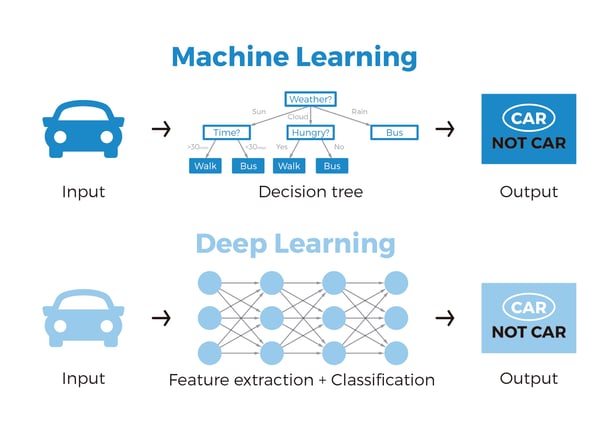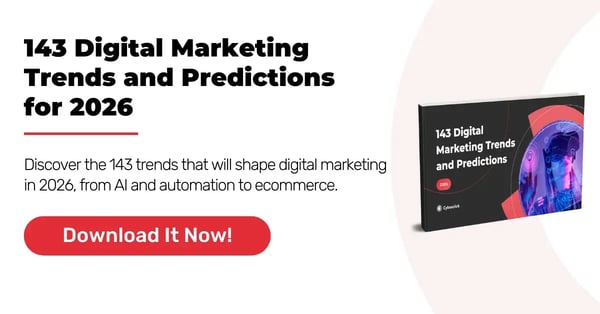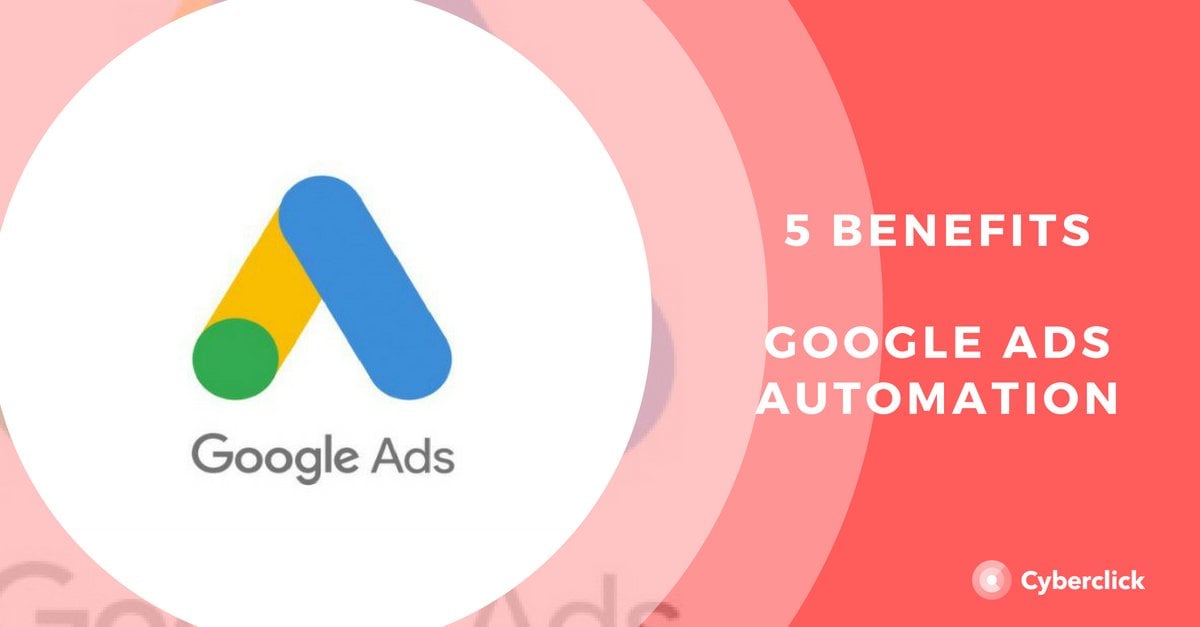There are many ways to implement a successful marketing strategy, and deep learning is one of them!
Haven't heard the term before? We're here to help! In this article, we will provide an introduction to deep learning and go over what you need to know about it.

What Is Deep Learning?
Deep learning is a type of machine learning involving artificial neural networks that mimic human ones. It is a branch of artificial intelligence where machines are able to learn without being programmed to do so.
Although deep learning can seem like a rather complex concept, it is nothing more than providing a machine with NaNs, or Networks of Artificial Neuros, so that it can process and analyze data. Unlike standard software, the application learns by trial and error, just as a human would, but in a much faster way.
Deep Learning refers to a machine's ability to learn without the need for human supervision and intervention. It can do this because it is able to gather information from algorithms and draw conclusions from data.

How To Improve Your Marketing Strategy With Deep Learning
Although deep learning is a relatively new concept in digital marketing, there are some noteworthy benefits it provides to a marketing strategy, including:
- Real-time monitoring of online channels and user reactions after launching a product.
- A thorough analysis of customer preferences that can be used to develop highly targeted ads for your campaigns. You could also gain information on what makes users click on CTAs.
- Precise and personalized recommendations plus retargeting for your users based on products they have already viewed.
With all this information, more effective marketing strategies can be designed, which can ultimately lead to more profit for your company.
The 4 Best Deep Learning Tools
We've already covered what deep learning is and how it can benefit your marketing strategy, but understanding how to actually apply it can be a bit more confusing.
There are a number of tools available to help you to gain insights into deep learning. We've compiled a few below!
1. Chatbots
Chatbots are computer programs equipped with Artificial Intelligence to simulate conversations with people. This type of software uses NLP or Natural Language Processing to learn how to interact with users in the most natural way possible.
A lot of information about users can be gathered from chatbots.
2. Voice Recognition
A voice recognition system is capable of processing a voice signal, understanding the information, and providing a response. Thanks to this technology, a message's reach can be increased so that more users become aware of your product or service.
3. Real-Time Bidding (RTB) Software
This software is used to buy advertising space. Deep learning makes it possible to develop highly personalized and effective targeting so that you can directly go after the users you have the highest chance of converting.
4. Automatic Translations
This type of deep learning makes it possible to translate a web page to reach more countries and users who speak different languages.
Machine translations have greatly improved thanks to artificial intelligence. This is because users evaluate the quality of the translations, and then the machine uses the information to improve.
Chatbots, voice recognition, real-time bidding, and automatic translations are some of the easiest tools to incorporate into your marketing strategy. While these tools may seem rather basic at the moment, the future is bright. It is predicted that within the next couple of years, many more tools will become available that are much more complex and advanced.
Thanks to artificial intelligence and deep learning, it is much easier to obtain, store, and analyze information to predict the preferences and behaviors of your users.
Key Account Manager Engineer en Cyberclick. Experto en desarrollo de aplicaciones web e integraciones entre sistemas con más de 10 años de experiencia. Cuenta con una licenciatura en Matemáticas, Ciclo Formativo de Grado Superior en Desarrollo de Aplicaciones Informáticas y Ciclo Formativo de Grado Superior en Desarrollo de Aplicaciones Multiplataforma.
Key Account Manager Engineer at Cyberclick. Expert in web application development and system integrations with over 10 years of experience. He holds a degree in Mathematics, a Higher Degree in Computer Application Development, and a Higher Degree in Multiplatform Application Development.






Leave your comment and join the conversation